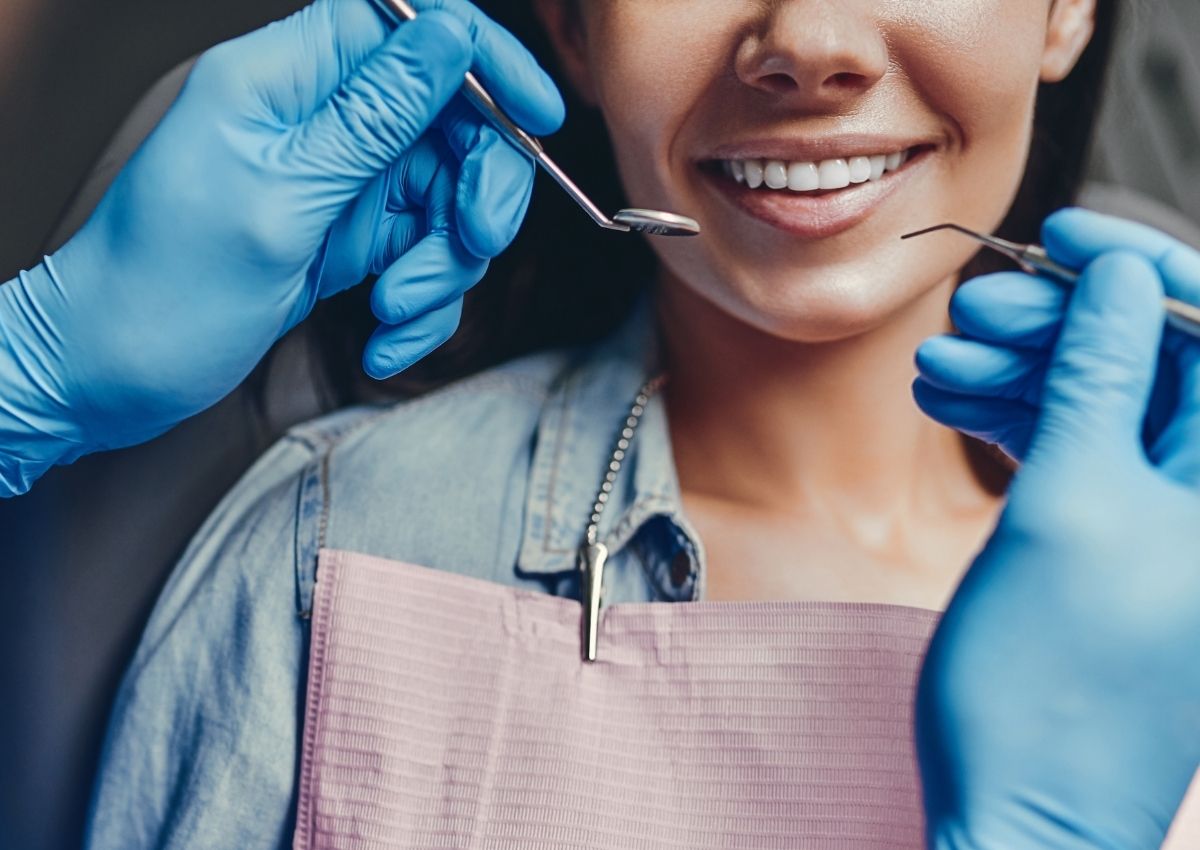Needless to say, Covid-19 has been a catastrophe for humankind. It is the worst pandemic outbreak since the Spanish flu about a century ago. It has taken millions of lives so far and hurt billions of livelihoods around the globe.
The Apprehension
In these pandemic times, people are rightly worried about their and their family’s safety. Accordingly, they have reduced meetings and contact and cut down on inessential travel. Covid-19 spreads when droplets or aerosols containing the virus enter the body of a healthy person either through breathing or through contact.
During a dental check-up, the patient’s mouth is in direct contact with the instruments of the dentist and also in close proximity to the dental team, so some people have been apprehensive about visiting a dentist.
The Consequence
Although, people are avoiding going to a dentist to prevent getting infected from Covid, this is turning out to be a classic case of ‘cure being worse than disease’. People are fearing the dentist because they want to remain healthy, but ironically, by doing this, the overall effect on their health and wellbeing is negative.
The Oral Health Foundation highlight the importance of oral health:
“Good oral health can have so many wonderful life-changing benefits. A healthy smile can truly transform our visual appearance, the positivity of our mind-set, as well as improving the health of not only our mouth but our body too.”
Pain, infection and tooth loss are the most common consequences of oral disease, causing difficulties with chewing, swallowing, speaking, and can disrupt sleep and productivity
Oral health is rightly called the window to overall health. Our mouth is filled with many kinds of bacteria, who are usually harmless. However, in case our oral health deteriorates, their numbers increase and they enter our respiratory and digestive tracts and make us ill.
A growing body of research shows that deteriorating oral health can also cause serious illness like Endocarditis, Cardiovascular disease and pneumonia. Endocarditis is caused when the oral bacteria manage to enter our intestinal tract and if they get pulled in our lungs, they can cause pneumonia. Therefore, avoiding a dentist due to fear of Covid is harming the health of people.
The Solutions
The pandemic has had a highly disruptive effect on people’s personal and professional lives. One of the most important effect of the pandemic has been the pushing of a number of jobs and tasks to the digital domains. As already mentioned, several professions have replaced human contact with digital interaction due to Covid-19 and dentistry is no different. This has given rise to tele-dentistry or digital dentistry.
Tele-dentistry allows people to consult dentists in a safe manner, away from any risk of getting infected with Covid. It is true that some people feel vulnerable and at risk of getting Covid when they visit the dentist. However, it is in fact, the dentist who is at greater risk during an in-person consultation, of contracting the virus, since they meet many people in a day and hence have a greater possibility of coming in contact with a person infected with Covid. Tele-dentistry is an appropriate arrangement in these times, which keeps both the patient and the dentist safe.
However, tele-consultation can not completely replace in-person consultation. In some cases an accurate assessment of a patient can only be made by the dentist through a physical inspection. Dentists have always worked to very high standards of infection control in their practices, well before the pandemic began. They wear full PPE during examinations and procedures, and forward thinking practices are explaining their infection control procedures to patients to help them understand that it is safe to visit a dentist. High quality dental supplies available from companies like Kent Express help to ensure that dentists can work efficiently and maintain the highest standards of infection control.
Every crisis is an opportunity. If the dental industry is able to walk the extra mile in catering to the concerns of patients in these difficult times, it will increase patient trust, and that will be beneficial for the entire profession in the future.












